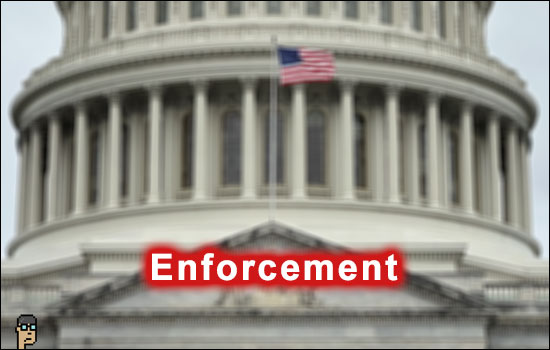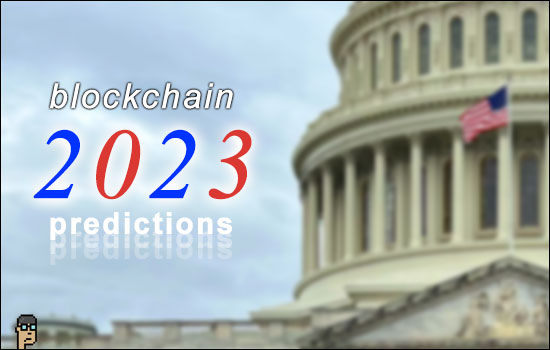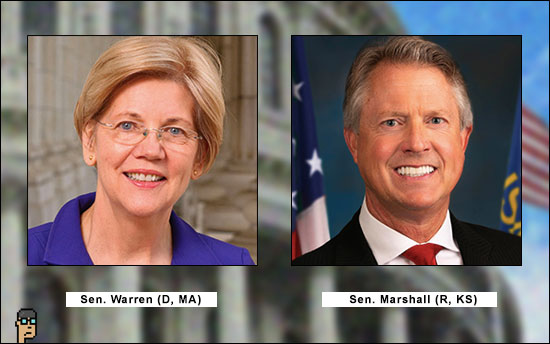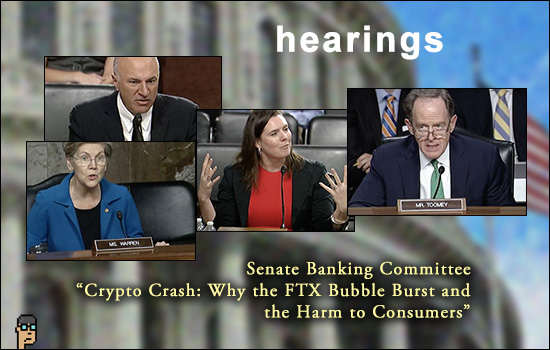With Rep. Patrick McHenry (R, NC) finally in his House Financial Services Committee Chair last week, the congressman whipped up a selection of subcommittees that will carry his party’s financial services agenda in the 118th Congress.
Among them, a committee devoted to digital assets: The Subcommittee on Digital Assets, Financial Technology and Inclusion led by Rep. French Hill (R, AR), a former banker.
Still to be populated with House Financial Services members from both sides of the aisle, there will be no other committee like it in Congress: digital assets and fintech-focused, all the time.
Bipartisan support for crypto legislation has been a key element of driving digital assets discussion in DC to-date (RFIA, DCCPA, DCEA and stablecoins) even if bills have yet to cross the finish line into law. With a wide spectrum of political viewpoints unifying over a common cause AND attempting to navigate a divided government, this committee would seem to be at the tip of the bipartisan crypto spear.
Topping the agenda for the new subcommittee will be working with (if not helping dictate along with Chair McHenry’s guidance) what the SEC, CFTC, the Fed and any other applicable regulator should do about digital assets and thereby define their jurisdictions.
This will be a years-long, legislative journey as technology and products evolve. But it has to start – or continue – somewhere.
The agenda
Continue reading “Blockchain’s New DC Powerbroker: The Digital Assets Subcommittee”







